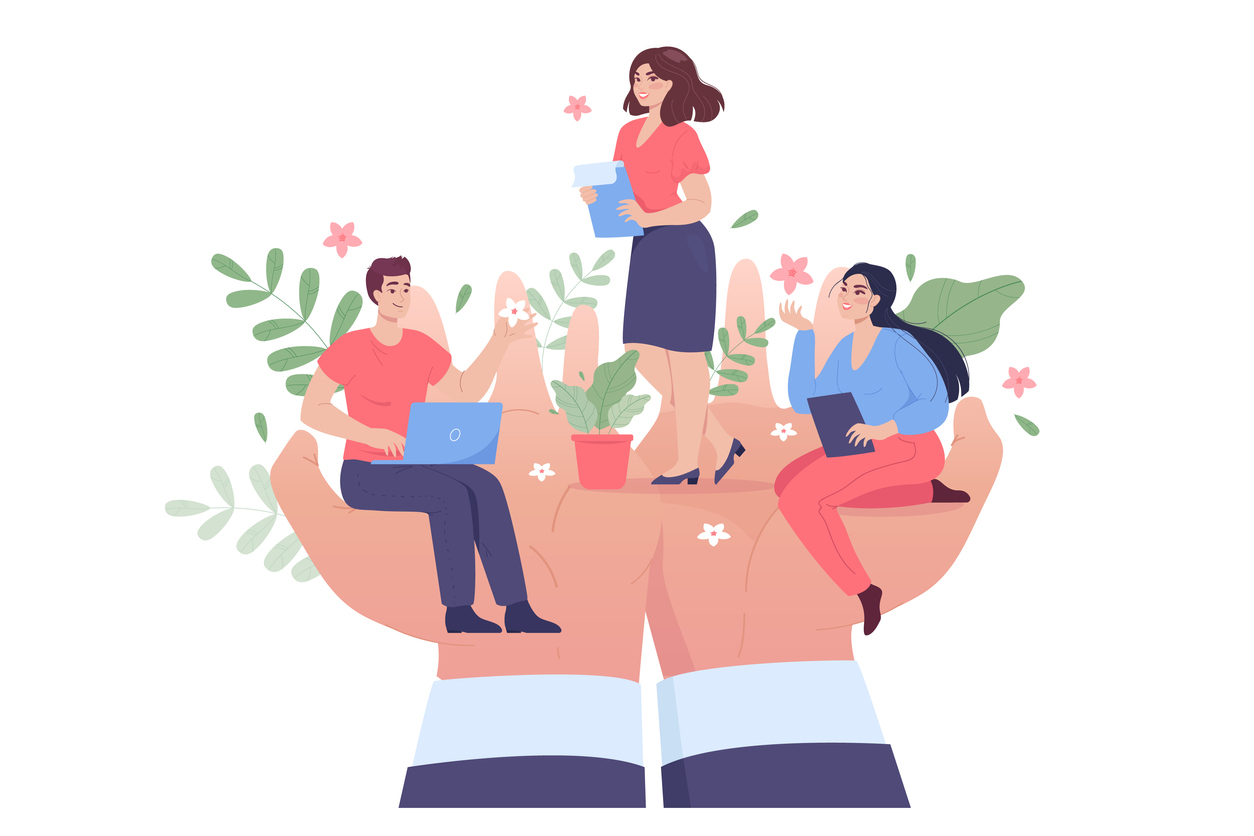
I have found myself talking more about what I do for work lately. Between getting everything ready for my trip to Australia to now being in Australia. It is a common question, “what do you do?” As I talk with people about my work and what the goal of The Mandt System is, I continually hear a common response, “we could use that in my workplace!”
The person who cuts my hair thought their salon would be better if I came in and taught them. Several Uber or Lyft drivers have commented that their other jobs could really use what we teach. Airline ticket counter representatives have commented on their working conditions. Even restaurant staff here in Brisbane have made similar comments. Comments have come from many different industries across two different continents. So, I am realizing that this is not just an ‘American’ thing. It seems to be universal.
I tried to start thinking about how this came to be, that people in general are finding themselves in workplaces that are less than positive and supportive. Then I realized that was the wrong question. How it happened is irrelevant. In Mandt we talk about how we want to change the future and not punish the past. How we got here is the past. We can not change it and no one should be ‘punished’ or blamed for it. Instead, let’s look at how we can change the future.
If each of us could take a moment (or many moments throughout the day) and ‘affirm our feelings and then choose our behaviors’ instead of just reacting to what may be happening around us, think about the effect that would have on our situations and the people around us. Imagine someone walking in five or ten minutes late (doesn’t matter who the someone is). Our usual reaction would be to snap some witty comment like ‘you’re late!’ which puts the person on the defensive and degrades the quality of their day. Instead, what if we looked at the person and said something like ‘when you were not here when we started I was worried that something may have happened to you, I’m so glad that you made it. Are there any details I need to know about?’ What effect would this have on the other person and their day?
We each have the power to change a little corner of our own world. The Relational chapters in Mandt (healthy relationships, healthy communication, and healthy conflict) are universal. They are not limited to any business sector or job title. These are everyday human qualities that each of us can be working to improve ourselves.
Dr Dale Shannon – Director Instructional Design



